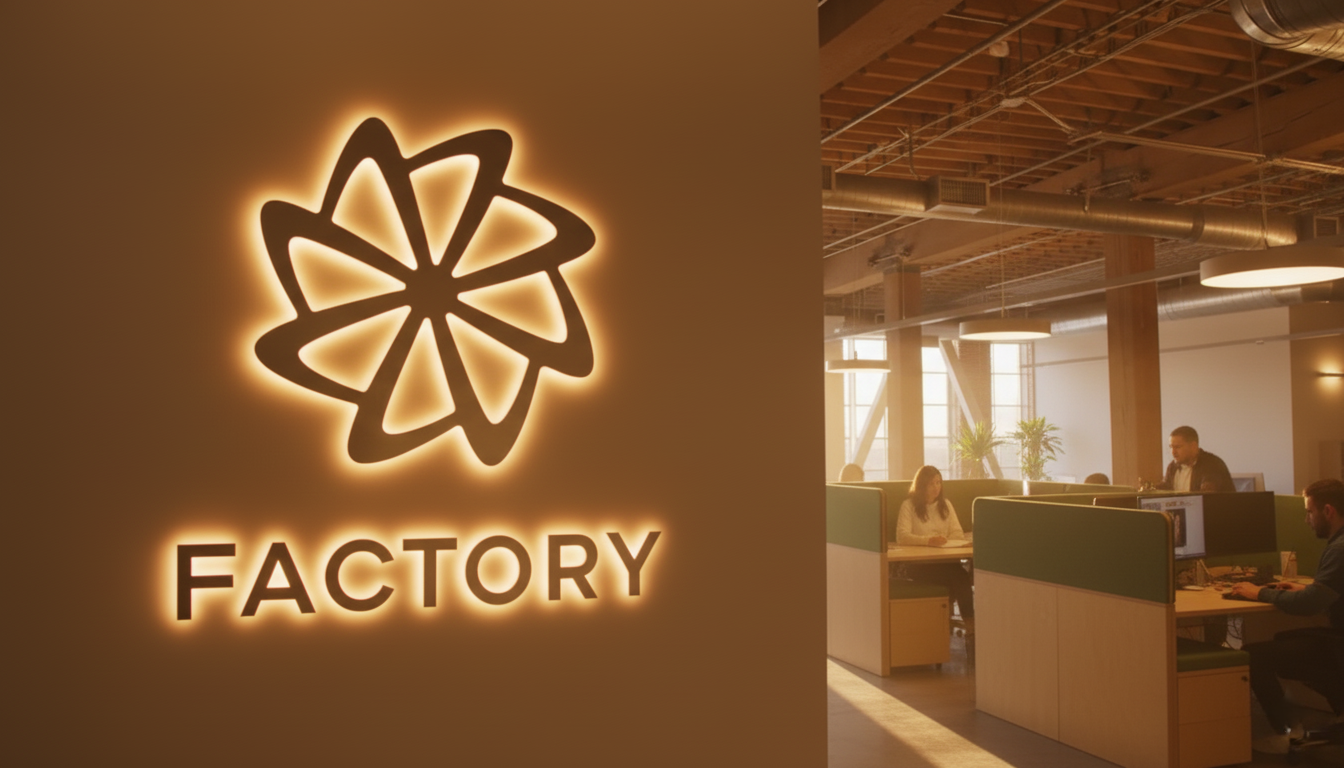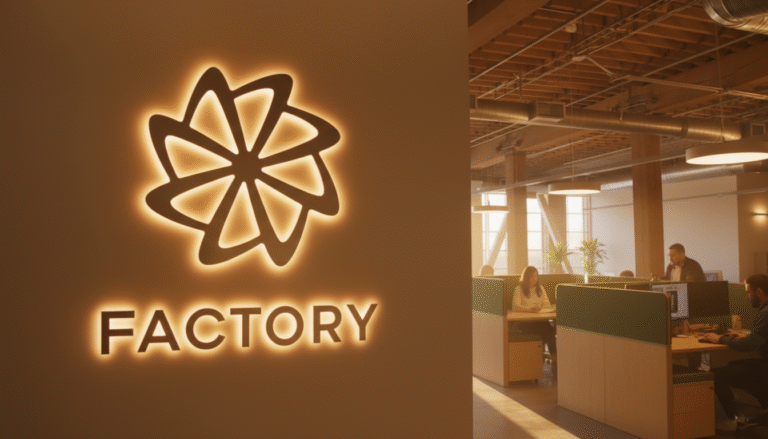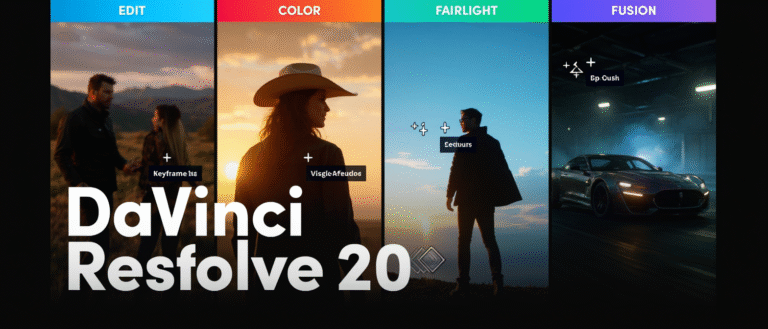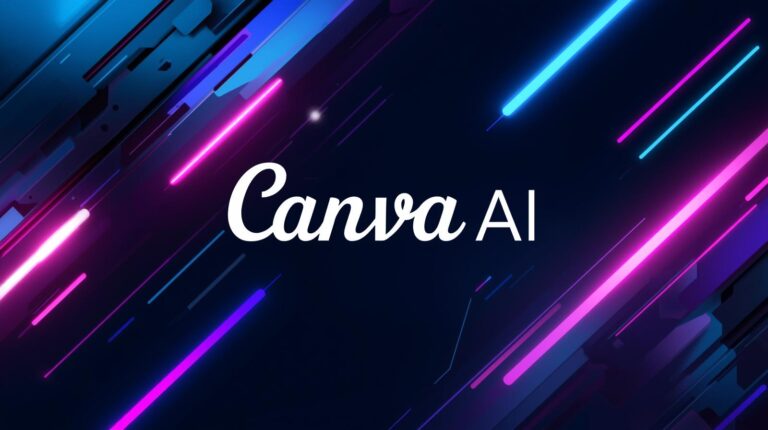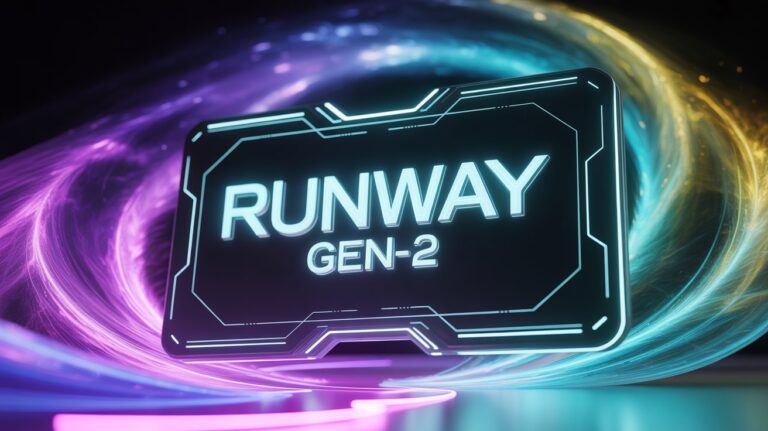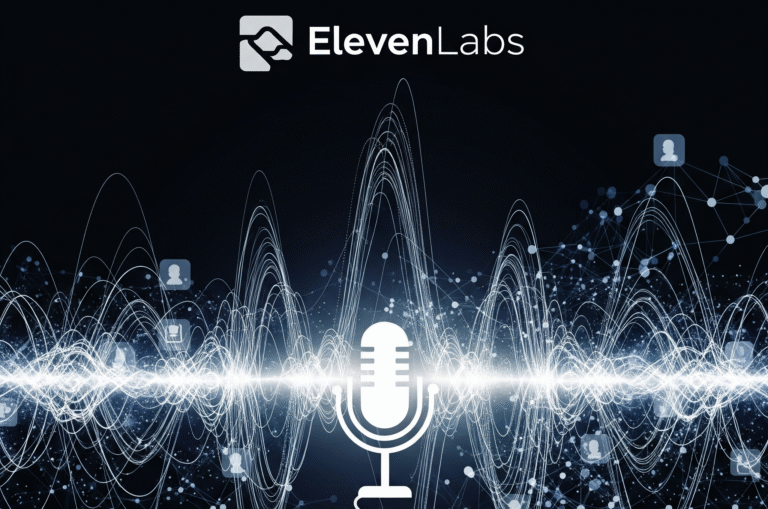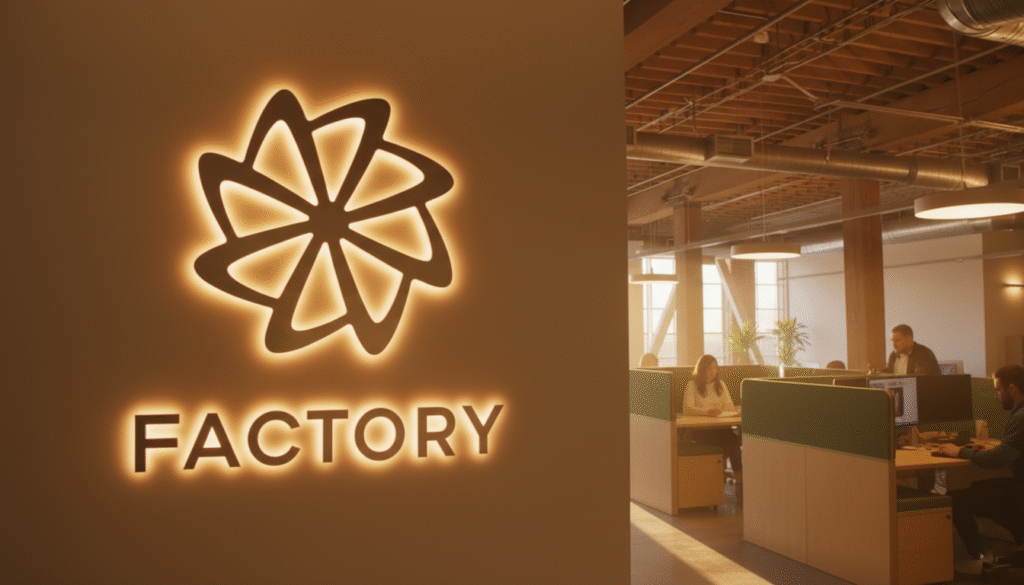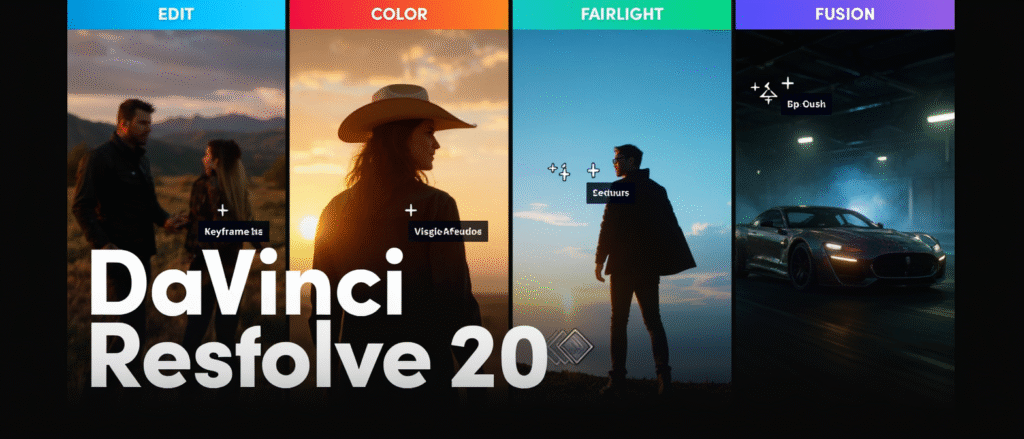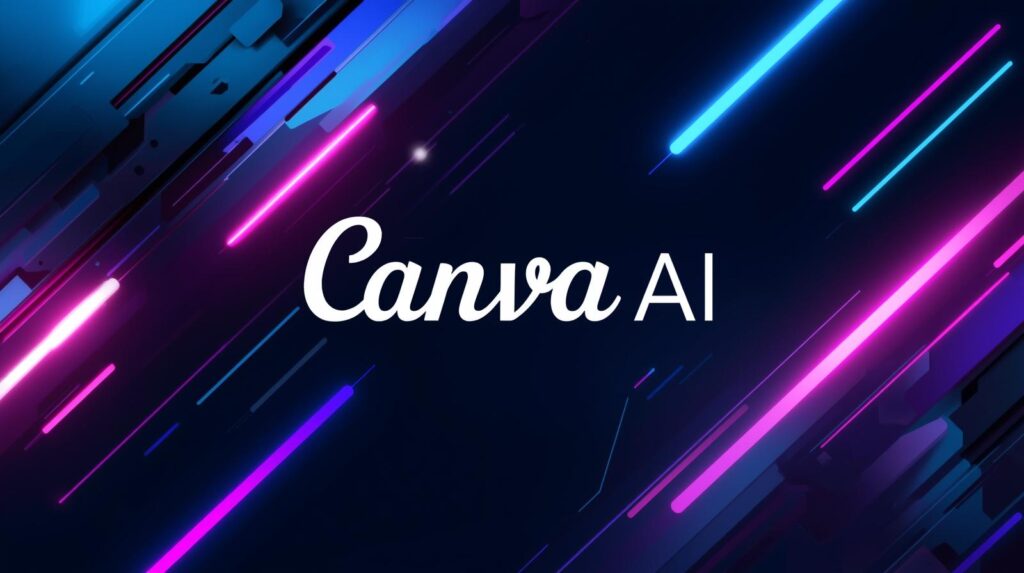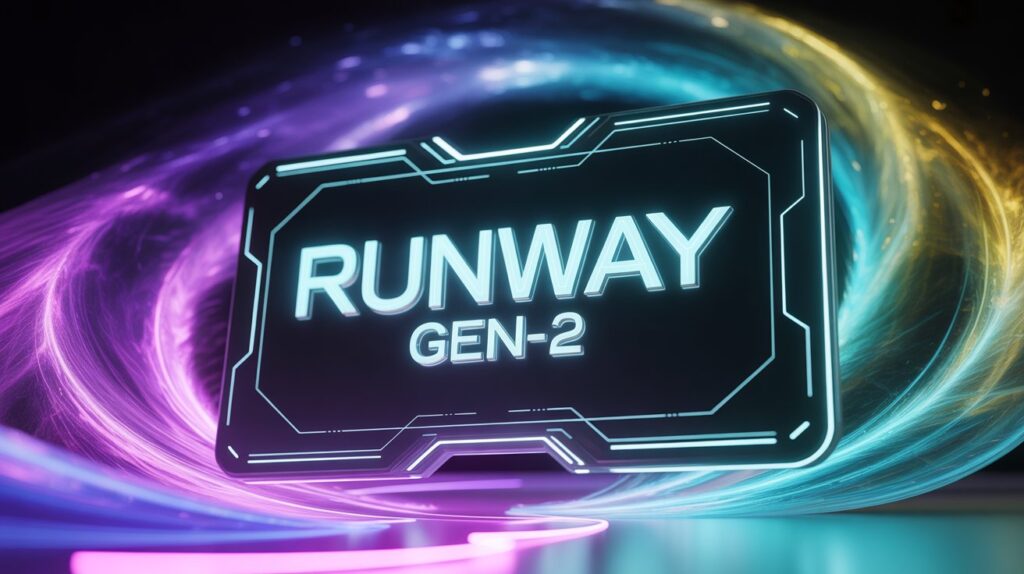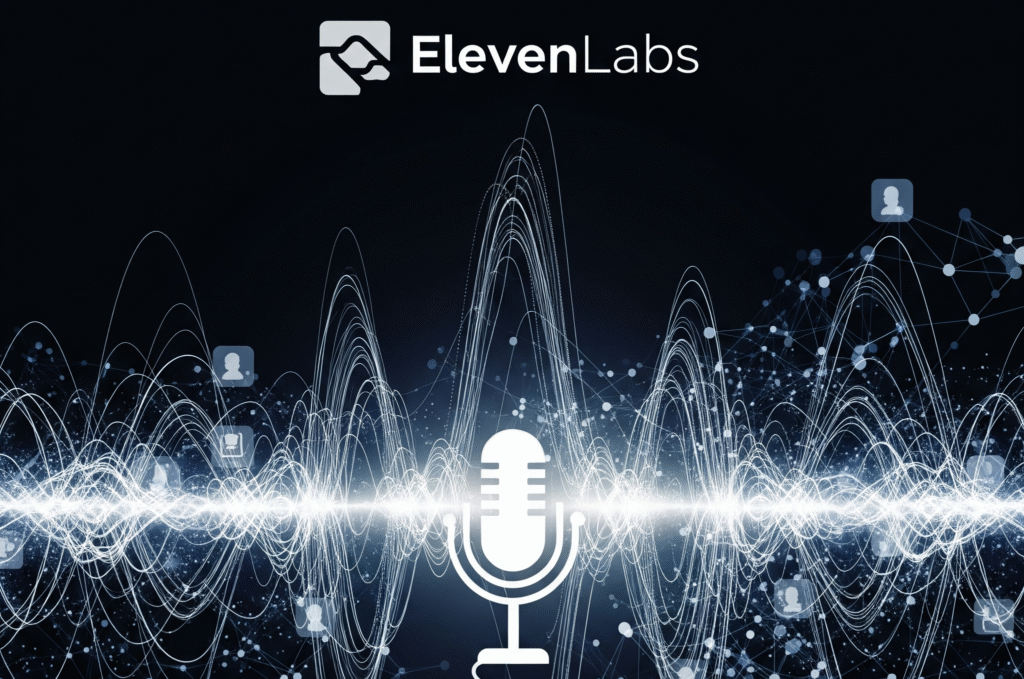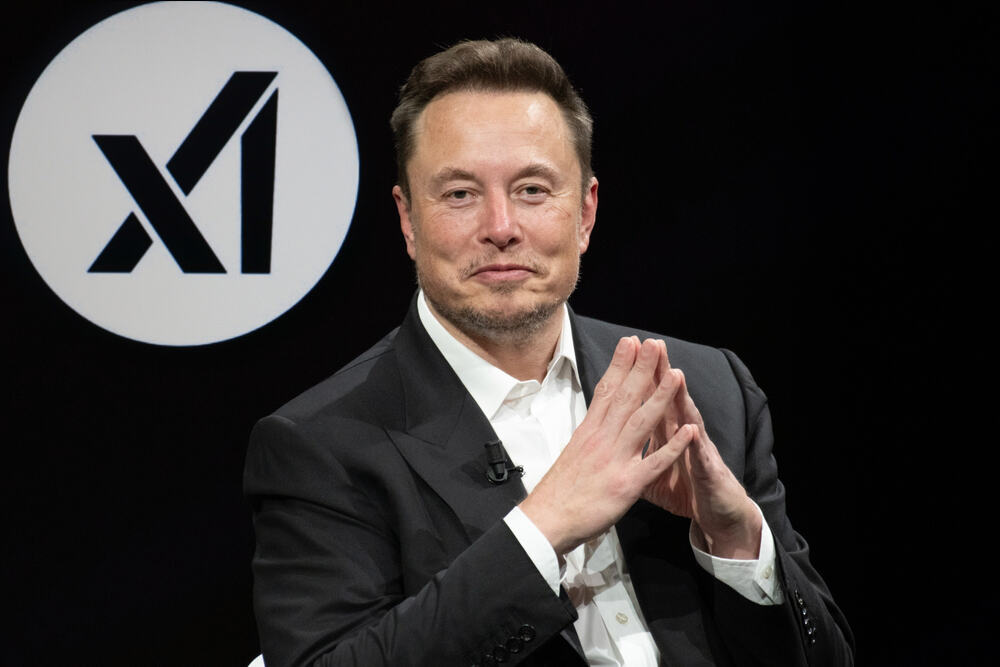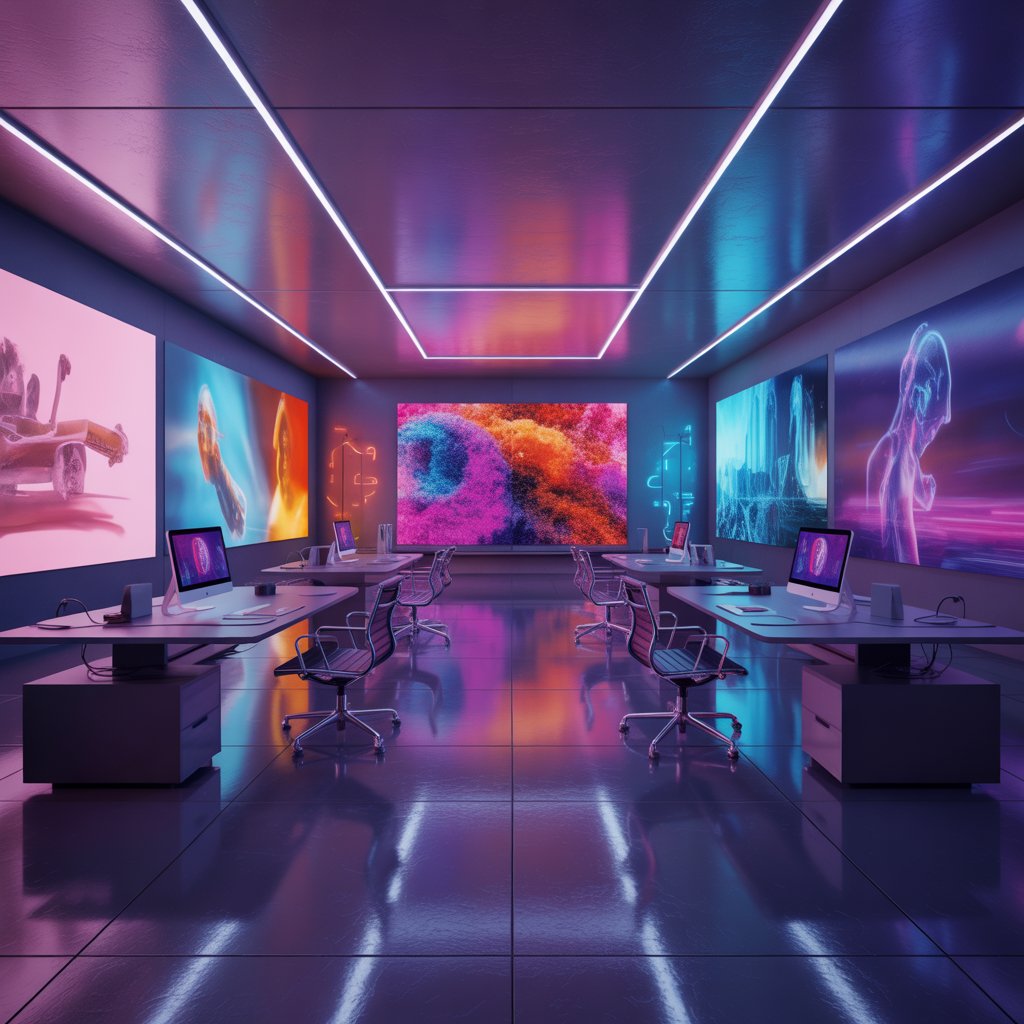Start-ups building artificial intelligence-powered coding tools have reaped more than $7.5bn of investment in the past three months, as investors increase their bets that software engineering will be the first “killer application” of the technology.
Venture capitalists Sequoia Capital and NEA, along with Wall Street bank JPMorgan and chipmaker Nvidia, on Thursday invested $50 million into AI coding start-up Factory. The start-up sells AI agents, called “droids,” that handle coding and software development for businesses.
That deal follows massive funding rounds for a trio of San Francisco-based coding start-ups – Cognition AI, Anysphere, and Replit – which have raised a combined $1.6bn since June.
More than $5bn in total has flowed to AI software development start-ups via venture capital deals and mergers and acquisitions in the third quarter of the year, according to PitchBook, far exceeding any quarter since the AI boom began in 2022.
In addition to those deals, Google paid about $2.5bn to hire the executive team and license technology from a fourth coding company, Windsurf, in July. Investors are banking on these start-ups’ ability to continue their rapid revenue growth and eventually turn a profit as they are adopted by companies looking to save money and improve their software.
Shaun Maguire, a partner at Sequoia who led the firm’s investment into Factory, said. “This is one of the most competitive technologies that I’ve seen. Over the next 20 years I think it [code generation] will be a $10tn-plus market.” With Big Tech companies and AI labs sinking hundreds of billions of dollars into AI infrastructure, investors are seeking signs that the technology can generate real returns for businesses.
Factory’s customers include auditing firm EY, German pharmaceutical company Bayer, database company MongoDB, and Nvidia.
Large, established companies can save money and boost efficiency by tearing up and rewriting messy, outdated codebases, said Madison Faulkner, a partner at NEA who led the firm’s investment in Factory.
“Over time, teams will want to own their own coding agents and view them as an extension of their engineering team,” she said.
Cognition and Anysphere, the AI lab that created code editor Cursor, have a head start in this market – and are among the fastest-growing start-ups of all time. Cursor’s annual recurring revenues are well over $500 million, with more than $100 million of that coming from enterprise customers, said a person familiar with the company’s finances.
“Everyone has been talking about ‘AI, AI, AI’ since 2022,” said Oskar Schulz, president of Anysphere. “But if you analyze company reports, no one talks about how AI will impact things, with one exception: coding.”
By the end of 2025, Factory expects to have secured contracts with customers worth $20mn to $25mn annually, from a starting point of near-zero at the beginning of the year, said Matan Grinberg, its co-founder and chief executive.
“We’re going from a world where developers write 100 percent of their code to one where they write 0 percent,” he said.
The new investment values the two-year-old start-up at $300 million, said a person with knowledge of the matter. However, this cohort of companies needs to prove they can sustain their revenue in an increasingly competitive sector. The start-ups are working to lock customers into longer-term contracts and lower their own costs from using AI models.
As well as rival coding application companies, they face competition from much larger AI groups such as Anthropic and OpenAI, which are building their own tools.
Maguire of Sequoia said these leading AI groups will probably capture a large share of the market. “I don’t have many questions around how big the market will be; it’s who will win it,” he said. “The question is, is there room for start-ups to play too?”

